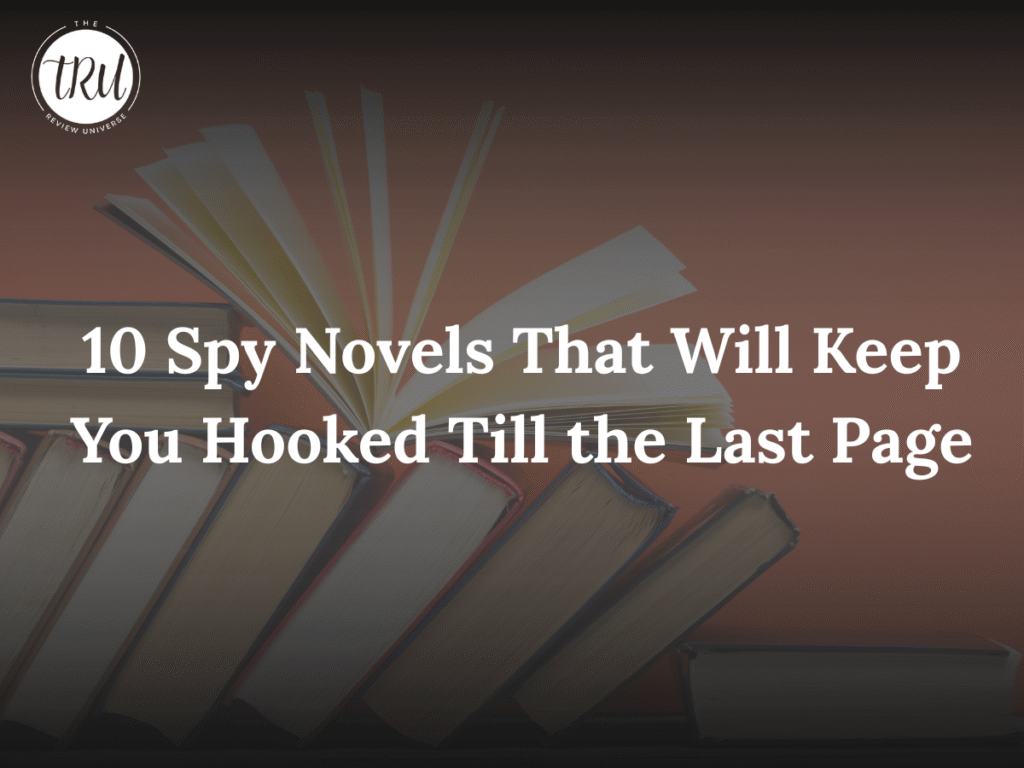
Spy Novels make you immerse yourself in worlds of secrecy, betrayal, and high-stakes situations where every word or action can be a matter of life or death.
From Cold War spy novels to psychological thrillers, the genre has survived by thriving on a sense of suspense, intrigue, and morally ambiguous characters.
Regardless of whether you are a spy fiction fanatic or a beginner seeking suspenseful reading. These spy novels will not disappoint with their plot, memorable characters, and twists will ensure you stay engaged until the final page.
We have individually chosen ten spy novels that not only represent the genre but have also weathered time, becoming a permanent addition to every spy lover’s collection.
1. The Spy Who Came in from the Cold by John le Carré
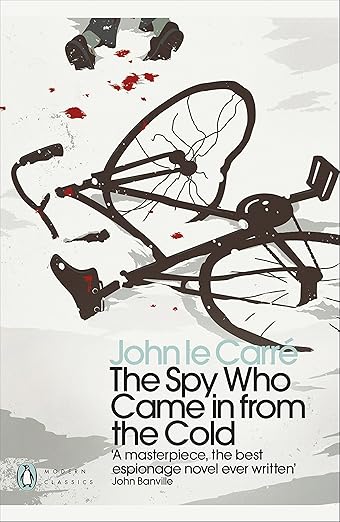
“The Spy Who Came in from the Cold” by John le Carré (1963) is commonly praised as the spy novels of the Cold War era. In stark contrast to James Bond-type thrillers, the story by Le Carré explores the twists of the dark realm of intelligence, where moral ambiguity and treachery are the order of things. The main character is a British intelligence veteran named Alec Leamas, who is dispatched to East Germany.
His task is to break down an East German intelligence operation. Still, as the action progresses, the boundaries between friendliness and enemies are blurred. The world of Leamas of moral compromises, and Le Carré does a great job of depicting the emotional and psychological cost espionage has on people who exist in secrecy.
The iconic and shocking climax of the novel makes the readers doubt the actual price of loyalty and the gray color of justice.
2. The Day of the Jackal by Frederick Forsyth
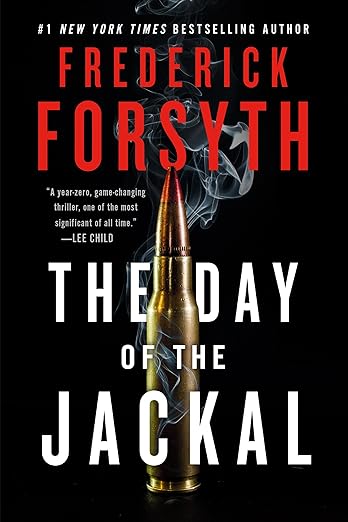
“The Day of the Jackal” is a thriller about assassination and hunting down by Frederik Forsyth, written in 1971 in great detail. The novel narrates the exploits of a professional killer referred to as the Jackal, who is contracted to assassinate the French President Charles de Gaulle.
The brilliance of Forsth’s plot is conveyed through the meticulous accuracy and detail of the operation, allowing readers to sense every calculated step of the Jackal’s journey. It’s electric as the assassin and the police are playing a game of cat and mouse.
The experience of journalism is evident in the detail given by Forsyth and the authenticity that fills the readers with the tension and danger of covert operations.
3. The Silence of the Lambs by Thomas Harris
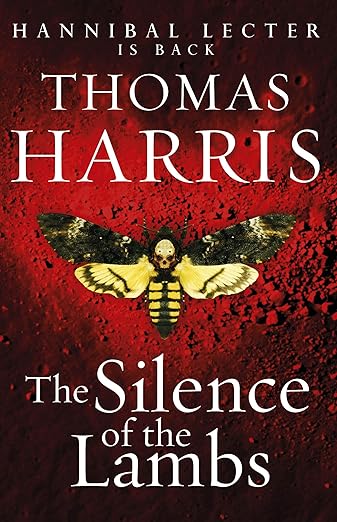
Although it’s commonly regarded as a psychological thriller spy novel. “The Silence of the Lambs” (1988) by Thomas Harris incorporates numerous spy elements. FBI trainee Clarice Starling needs the help of the self-incarcerated cannibalistic genius, Dr. Hannibal Lecter, to help locate another killer.
The novel is an elaborate blend of psychological manipulation and intelligence-gathering, which aspects form a tension-filled spy fiction novels.
The experience of Starling demonstrates the cognitive sharpness required to track dangerous individuals. Harris succeeds in generating suspense, crime, espionage, and psychological tension, making this novel unforgettable.
4. The IPCRESS File by Len Deighton

“The IPCRESS File” (1962) by Len Deighton shows the readers the nameless British intelligence agent referred to as Harry Palmer.
Obliged to research a mysterious organization, which carries out experiments with brainwashing, Palmer has to move through a maze of secrets, spies, and machinations.
The novel has attracted attention because Deighton was among the pioneering writers of realistic spy novels, not interested in romantic adventure as much as in strategy, deception, and personal price. It’s an indispensable addition to the list of all who want to understand the nuances of the work of the intelligence community due to an unusual fact about the genre of the novel.
It’s more about spycraft and psychological thrillers than about the sleek section of the genre.
5. The Bourne Identity by Robert Ludlum
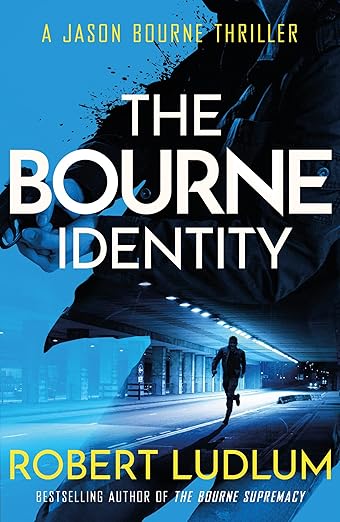
“The Bourne Identity” (1980) by Robert Ludlum introduced the famous series about Jason Bourne, an amnesic man who discovers he’s a hitman on missions.
The story is a thrilling yet emotionally profound narrative of espionage, laced with action and psychological suspense, which is what Ludlum talks about. Recreating his past, Bourne must evade assassins and expose the secrets that are too dangerous to keep.
The pacing, inexorable tension, and plot cascading of the novel are the standard of contemporary spy novels. Another theme that is being examined by Ludlum concerns identity, memory, and trust, which makes the story not just an action thriller.
6. A Darker Shade of Magic by V. E. Schwab
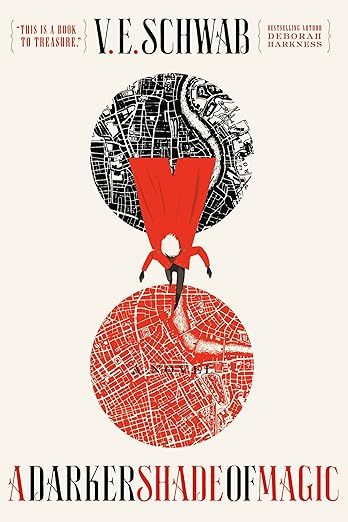
“A Darker Shade of Magic” (2015) by V. E. Schwab is not necessarily a spy novel. Nonetheless, it also has a touch of espionage with covert operations, undercover dealings, and lots of intrigue.
The story is set in parallel Londons of varying degrees of magic, and the main character is Kell, a rare magician who can travel between the worlds. Kell gets involved in dangerous schemes of smuggling magical objects and navigating the complex politics.
The incredible world-building and tense story of Schwab give the reader a twist on espionage with magic and secrets in an adventurous thrill to the end.
7. The Hunt for Red October by Tom Clancy
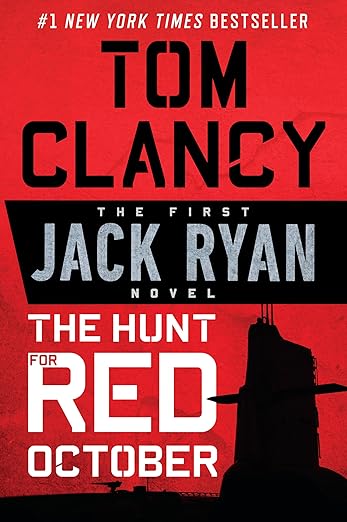
“The Hunt for Red October” (1984) by Tom Clancy is a techno-thriller masterpiece. The stage is set when the Soviet submarine captain, Marko Ramius, intends to defect with the latest American-built nuclear submarine of the USSR.
The stage is set up such filled with suspenseful Cold War confrontations. The details of the research and the technical descriptions of submarines, sonar, and the naval strategy are meticulously compiled by Clancy, making the story both thrilling and credible.
The tension, strategy, and high stakes of international espionage are brought to the fore in the novel, and it’s shown that the work of the intelligence is more about brains than courage.
8. The Kill Artist by Daniel Silva
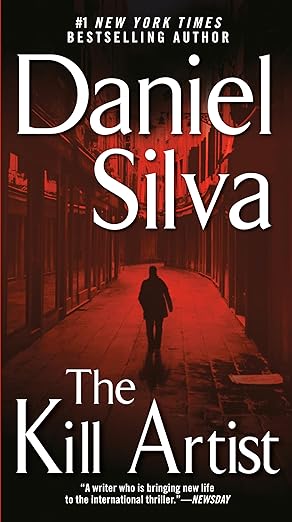
“The Kill Artist” (2000) by Daniel Silva introduces Gabriel Allon, an Israeli intelligence agent and art restorer, who must track down a highly dangerous terrorist. Silva crafts an exciting and thought-provoking narrative by seamlessly integrating spy themes with the backdrop of art, culture, history, and more.
The two lives of Allon, his secret operations, and his work in restoring masterpieces give the character depth and introduce a new angle on spy fiction.
The intricate plotting, the suspense with high stakes of this novel, and the issues of personal sacrifice all make this novel shine as one of the best in contemporary spy novels.
9. Night Soldiers by Alan Furst
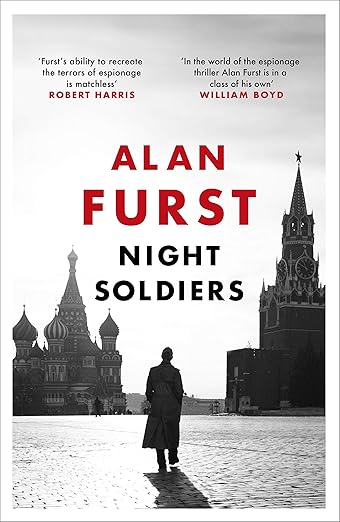
“Night Soldiers” (1999) by Alan Furst is set in pre-World War II Europe, telling the story of a young Bulgarian who becomes embroiled in the world of Soviet spies. Atmospheric writing by Furst makes the streets of Eastern Europe vivid, making the readers perceive a world of danger, intrigue, and political unrest.
The novel puts the human aspect of espionage to the fore, highlighting the risks, sacrifices, and ethical issues that spies face. First approach to historical reality and the complicated development of characters makes suspenseful reading that is both personal and heroic.
10. The Sympathizer by Viet Thanh Nguyen
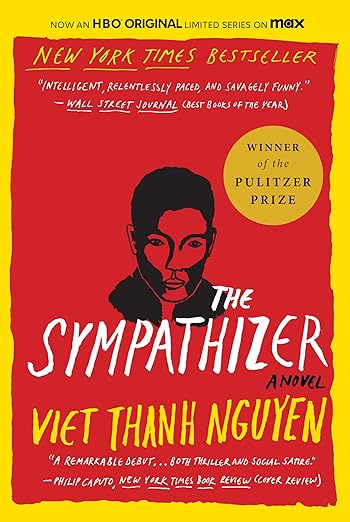
Pulitzer Prize-winning “The Sympathizer” by Viet Thanh Nguyen (2015) is an uncommon approach to the subject of espionage through the lens of a dual agent.
The novel is a story of identity, loyalty, and the psychological impact of living a dual life, all after the fall of Saigon by a half-French, half-Vietnamese spy, who flees to the United States.
The incisive social commentary on the side of Nguyen, coupled with a tense plot twist, makes the spy novel a robust cultural, political, and moral investigation.
The complex plot and ethically ambiguous hero of the book make it a must-read for fans of both spy stories and literary works.
Conclusion
Spy Novels are not only stories of clandestine missions but also novels about human psychology, morality, and the intricate maze of secrets that envelop our reality.
Since the times of the Cold War, such as The Spy Who Came in from the Cold, to the most recent masterpieces, such as The Sympathizer, these ten novels demonstrate the variety and richness of the espionage genre.
You want historical accuracy, psychological suspense, political intrigue, or fantasy-based espionage; these books will allow you to indulge in all of them.
Take one of these titles and get ready for an adventure full of tension, excitement, and memorable storytelling.
